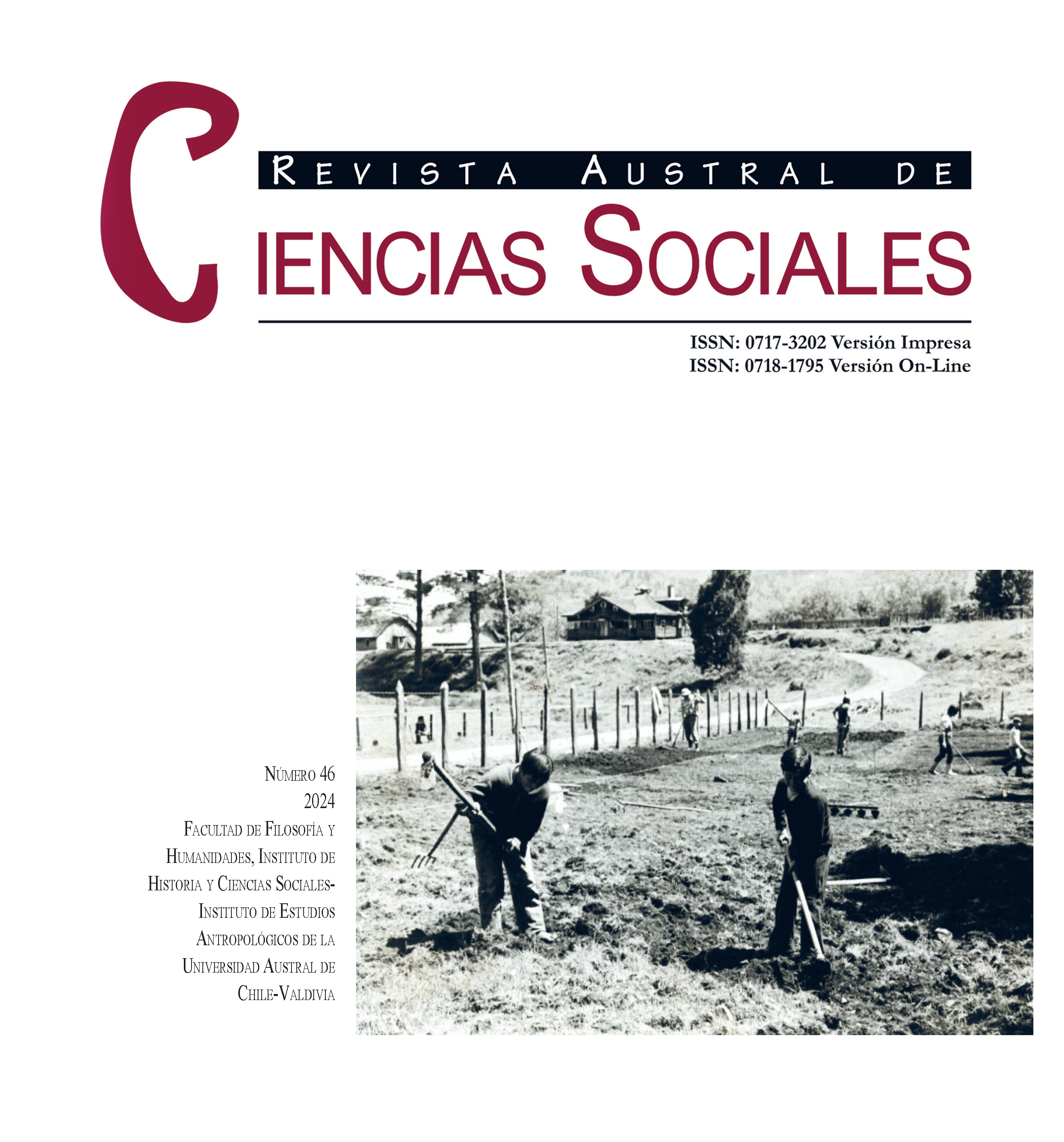Subjective well-being in Latin American rurality. Construction of a bottom-up narrative
Main Article Content
Abstract
The article explores the dimensions of well-being in rural Latin America. The concept of well-being is analyzed through a bottom-up methodological approach, which consists of involving the populations studied in the construction and interpretation of the results of different techniques employed, such as interviews, discussion of photographs and workshops. A narrative of well-being is established in four rural territories in Colombia, El Salvador, Mexico and Peru. The results allow to establish six common dimensions of an idea of rural well-being: work and capital as enablers of good living; the development of infrastructure and access to public services; biocultural heritage associated with social ties and the environment; gender equality; the space for youth in the territory; and recognition and equal treatment. The results are a contribution to the debate on well-being at the regional level.

